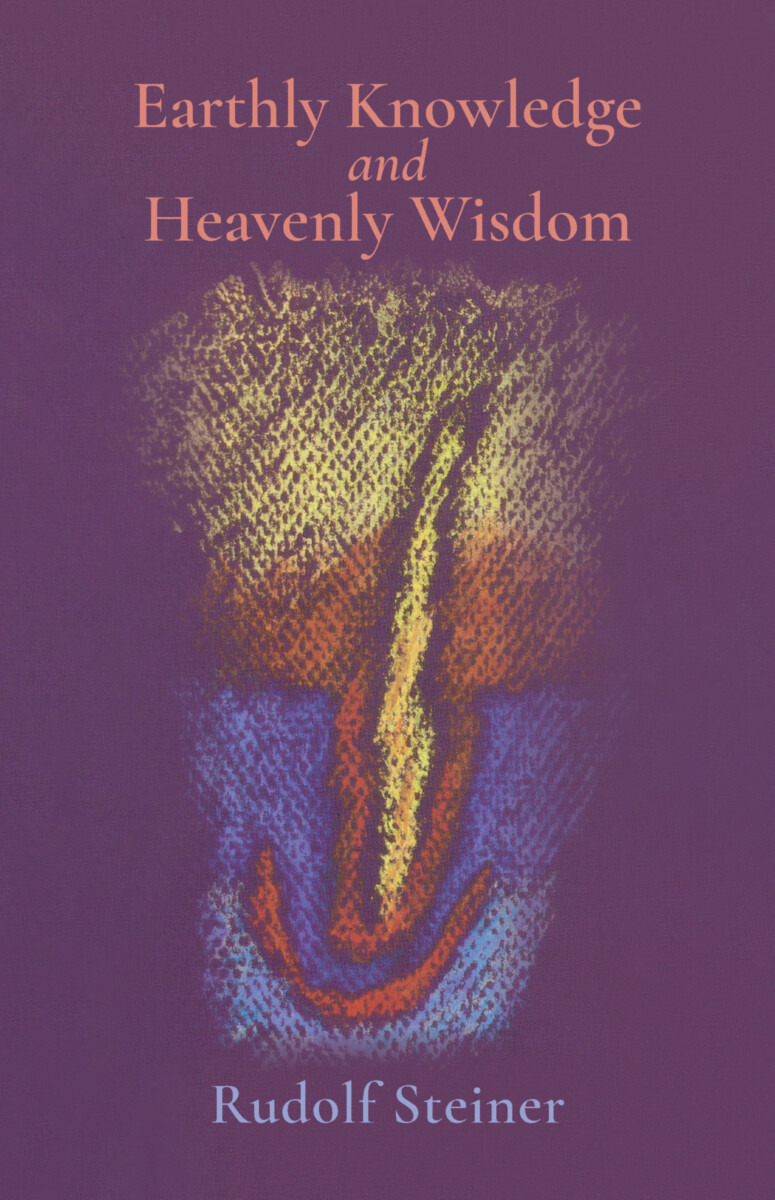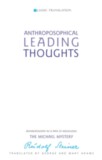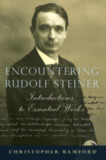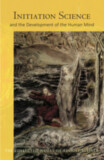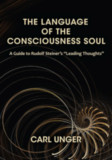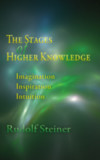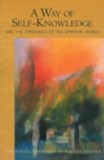Earthly Knowledge and Heavenly Wisdom
(CW 221)
- Publisher
SteinerBooks - Published
1st June 1990 - ISBN 9780880102940
- Language English
- Pages 190 pp.
- Size 5.5" x 8.5"
9 lectures, Dornach, February 1923 (CW 221)
There is a great difference between the meaning of "know yourself" in the ancient mystery centers and its meaning today. In ancient times, one tried to achieve after death what one can now attain during earthly life. In order to reach higher stages of development after we die, we must become fully human during life on Earth. Such matters have changed over millennia of human and earthly evolution.
At the center of the evolution human consciousness is the Christ event. Today, we must experience the Christ within ourselves as light, life, and love. By adopting the appropriate path of knowledge, we can become citizens of the universe rather than "hermits" on the Earth.
These lectures are crucial reading for a deeper understanding of the anthroposophic view of our place as human beings in the cosmos.
This volume is a translation of Erdenwissen und Himmelserkenntnis (GA 221).
C O N T E N T S:
1. Self-knowledge and Experiencing the Christ in Oneself
2. The Human Being in Waking and Sleeping, part 1
3. The Human Being in Waking and Sleeping, part 2
4. Earthly Learning and Heavenly Wisdom, part 1
5. Earthly Learning and Heavenly Wisdom, part 2
6. The Human Being within Us
(Blackboard Illustrations)
7. Moral Impulses and their Physical Manifestations, part 1
8. Moral Impulses and their Physical Manifestations, part 2
9. Moral Impulses and their Physical Manifestations, part 3
Rudolf Steiner
Rudolf Steiner (b. Rudolf Joseph Lorenz Steiner, 1861–1925) was born in the small village of Kraljevec, Austro-Hungarian Empire (now in Croatia), where he grew up. As a young man, he lived in Weimar and Berlin, where he became a well-published scientific, literary, and philosophical scholar, known especially for his work with Goethe’s scientific writings. Steiner termed his spiritual philosophy anthroposophy, meaning “wisdom of the human being.” As an exceptionally developed seer, he based his work on direct knowledge and perception of spiritual dimensions. He initiated a modern, universal “spiritual science” that is accessible to anyone willing to exercise clear and unbiased thinking. From his spiritual investigations, Steiner provided suggestions for the renewal of numerous activities, including education (general and for special needs), agriculture, medicine, economics, architecture, science, philosophy, Christianity, and the arts. There are currently thousands of schools, clinics, farms, and initiatives in other fields that involve practical work based on the principles Steiner developed. His many published works feature his research into the spiritual nature of human beings, the evolution of the world and humanity, and methods for personal development. He wrote some thirty books and delivered more than six thousand lectures throughout much of Europe. In 1924, Steiner founded the General Anthroposophical Society, which today has branches around the world.


